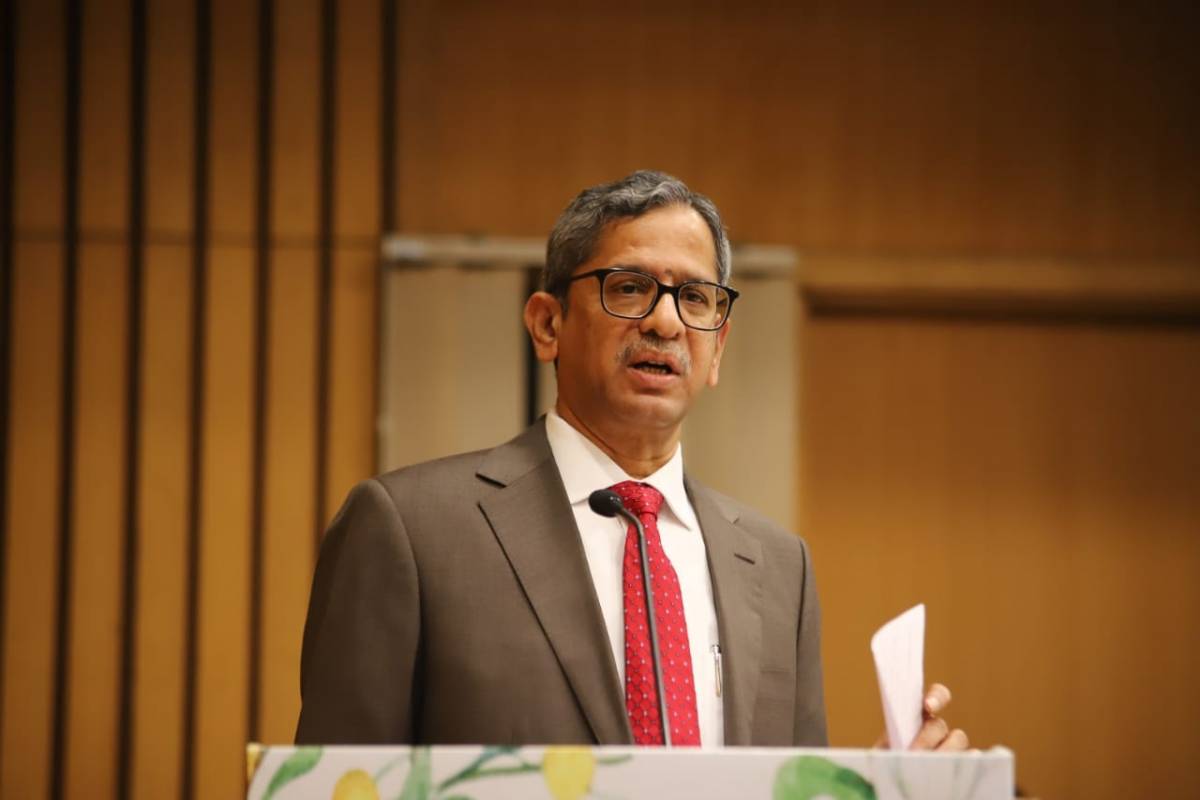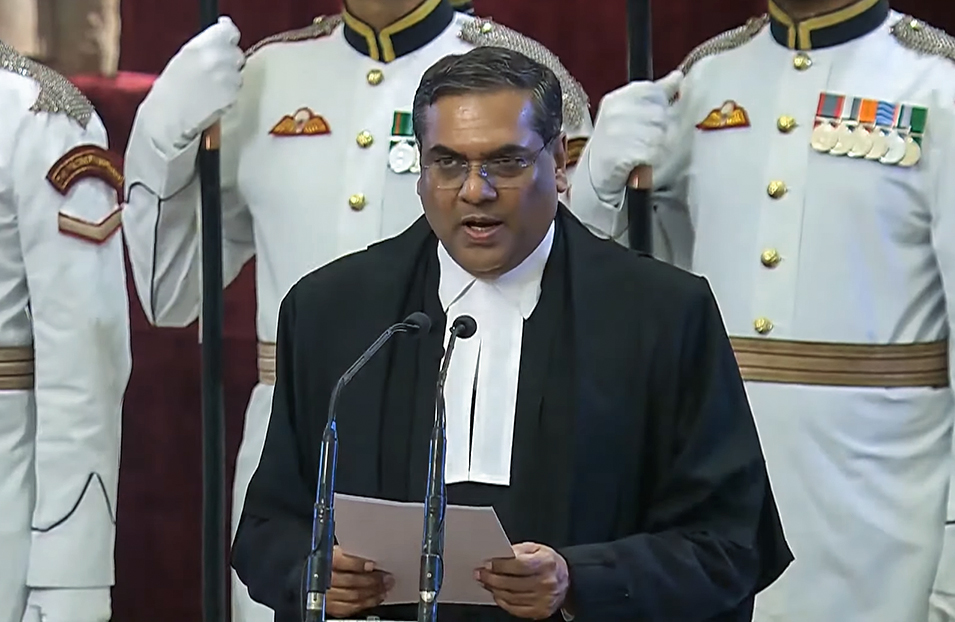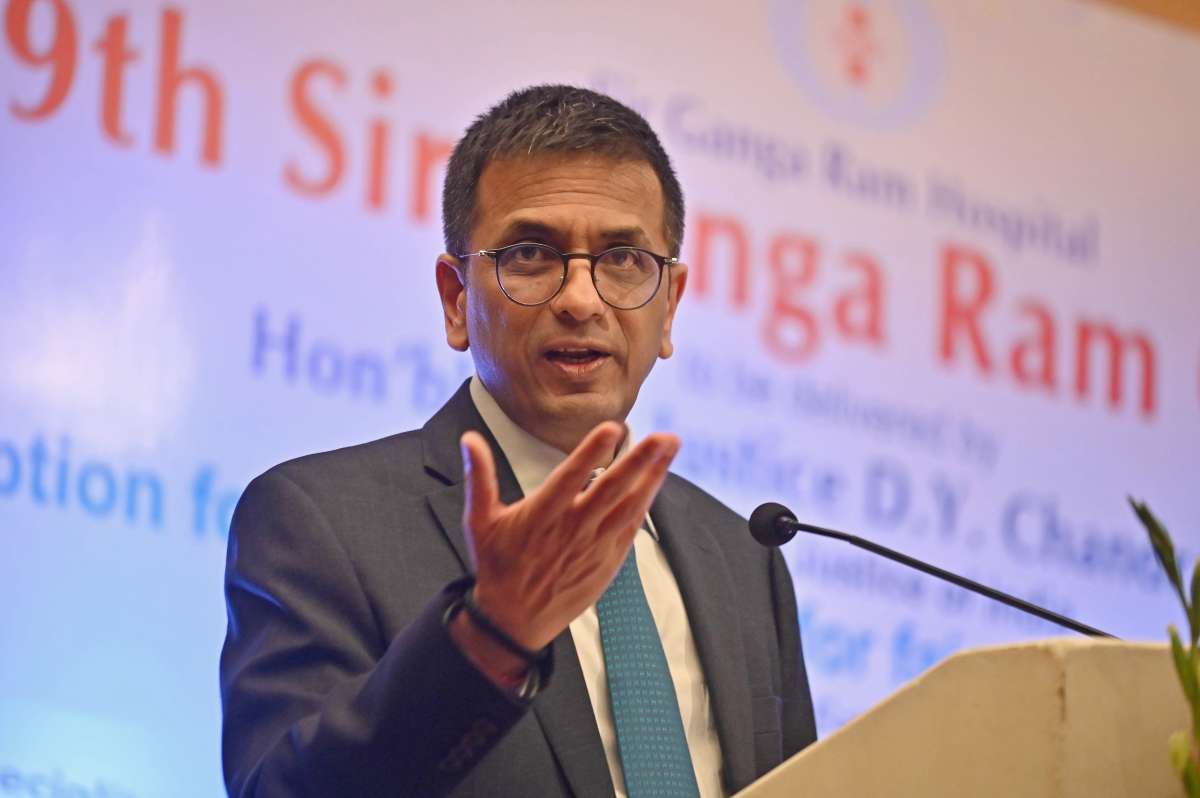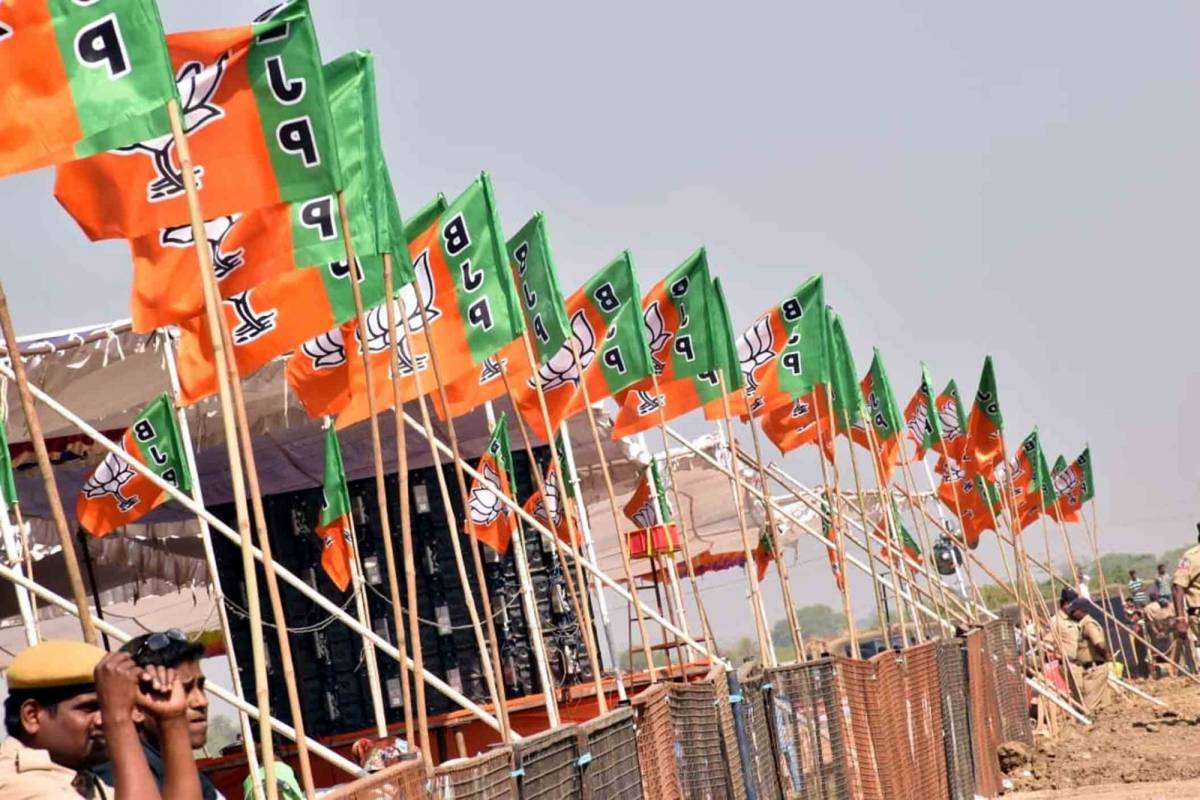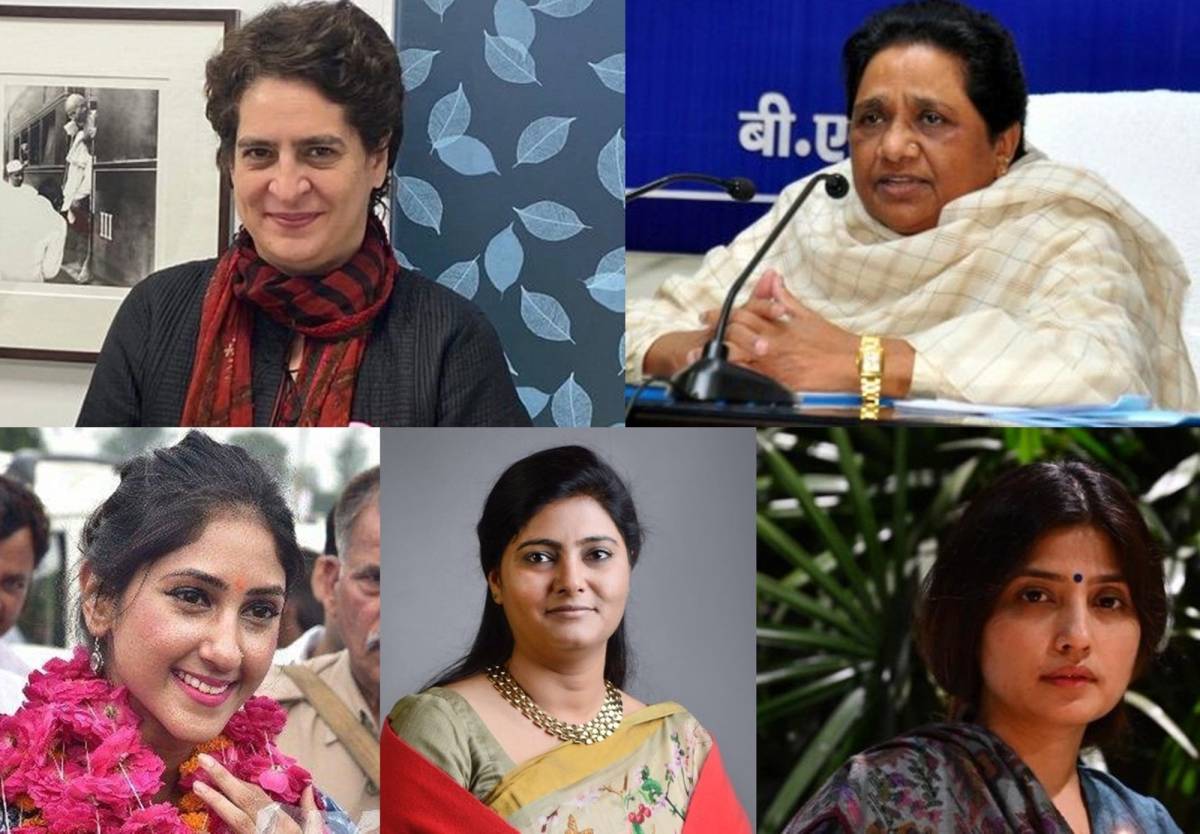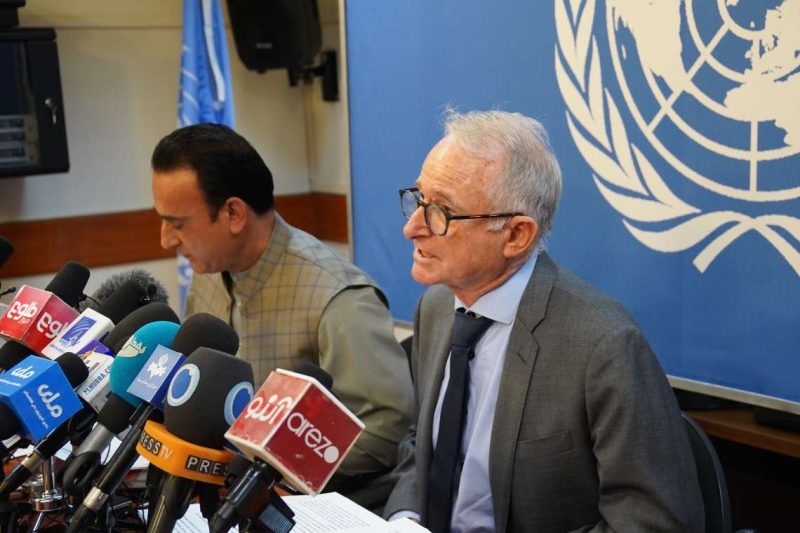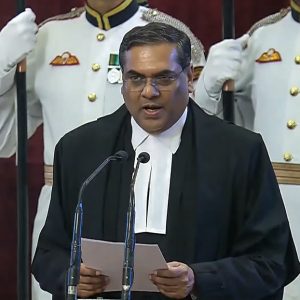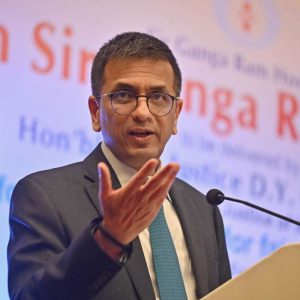However, the Central government, citing the national security aspect, has termed these big-ticket reforms strategically important for the country…reports Sumit Saxena
Chief Justice of India (CJI) N.V. Ramana has infused vigour in the Supreme Court’s functioning. He has strongly voiced out his opinion on no impact assessment or basic scrutiny of constitutionality before passing of legislation, minced no words in making sharp observations against governments on a host of issues, and strongly advocated more than 50 per cent representation of women on the bench.
Chief Justice Ramana will retire on August 26, following which Justice U.U. Lalit will take over as the CJI for a short period — holding the office till November 8. Then, Justice D.Y. Chandrachud will become the CJI – and have a tenure of over 2 years. The question is whether the top court will continue with the same zeal in taking up most contentious and important legal issues after Chief Justice Ramana demits office, or will it reboot?
Come the new year, a variety of challenges, complex and equally sensitive, may crop up before the apex court, against the backdrop of likelihood of commencement of hearing on petitions challenging the abrogation of Article 370, and challenging the Citizenship Amendment Act (CAA). The petitioners, who are drawn from all walks of life and across the political spectrum, have claimed CAA infringes on the secular framework of the country and the abrogation of Article 370 hurt the essence of democracy.
However, the Central government, citing the national security aspect, has termed these big-ticket reforms strategically important for the country. It is likely to push back with full force against these pleas, which have been pending for over two years, challenging the validity of its reforms.
A pertinent question is whether Chief Justice Ramana would take the bull by the horns, or pass on these legal challenges to his successor?
He has shown himself willing to ask tough and searching questions to the Central government, and positioned the court as an institution willing to address issues posing a potential threat to fundamental rights.
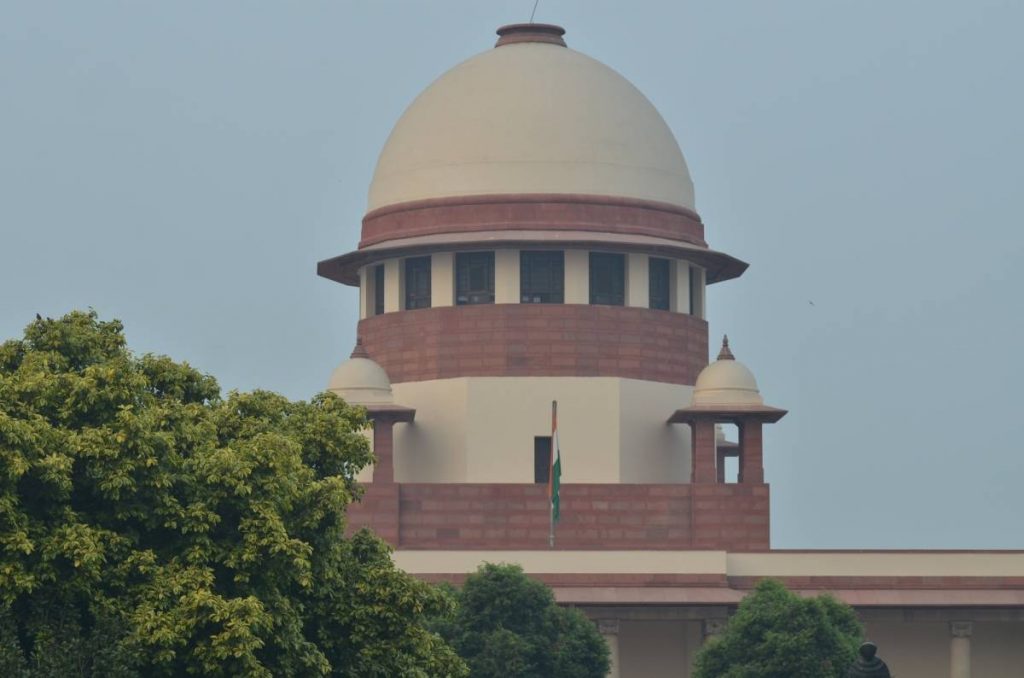
In Pegasus snooping scandal, the Supreme Court expressed its discontent on the Centre’s response that the government cannot be made to answer whether or not it uses Pegasus spyware, as it may compromise national security. On October 27, the top court-appointed an independent expert technical committee supervised by a retired top court judge, Justice R.V. Raveendran, to probe the Pegasus snooping allegations. The court asked the committee to submit its report expeditiously and scheduled the matter for further hearing after eight weeks. The committee would soon submit its report.
Chief Justice Ramana has also slammed the Central government for delay in the appointment of judges at various tribunals, forcing it to take necessary steps to fill up vacancies. He also positively engaged with the government regarding the appointment and transfer of high court judges and advocated for over 50 per cent representation of women on the bench.
“The demand for higher representation beyond 50 per cent on the bench in view of the backlog under-representationion of women is taken note of. I promise to take up your demand with my Brothers in the collegium,” he had assured.

The question is whether future Chief Justices would continue to press against bias against women in the judiciary with the same passion?
Chief Justice Ramana has also slammed the executive, over its non-cooperation, in working out a long-term mechanism to combat the menace of air pollution in the capital. Since pollution is a recurring issue, which is exacerbated by stubble burning in states adjoining the capital, the question is – can the Supreme Court address it with the same fervour, before pollution reaches alarming levels next winter?
He has introduced a positive change, whether this change will cease to exist or continue after he demits the office in eight months, will be seen in the new year.
ALSO READ-Karnataka bans processions during Muharram and Ganesha festivals


